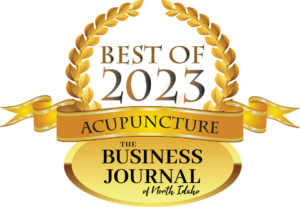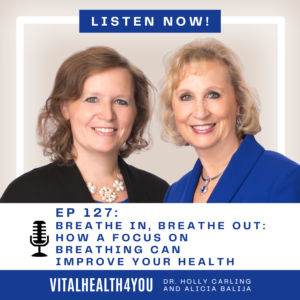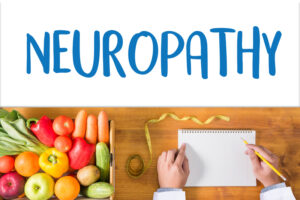One in twenty Americans vape, and teenage e-cigarette consumption has increased by a shocking 1,800 percent from 2020 to 2022! Currently one in every six high school students report regular use. It would be one thing if health risks from vaping were minimal; unfortunately, this couldn’t be further from the truth. What exactly is “vaping” or e-cigarette use?
Electronic cigarettes are battery-operated devices that use an electric pulse to heat and aerosolize a flavored liquid that typically contains nicotine. They were first introduced to the U.S. in 2007 and advertised by tobacco companies as a (clinically unsubstantiated) method to help patients quit smoking. Because e-cigarettes were seen as a treatment option, they were not subjected to the same regulations as cigarettes. Thus, currently there are no federal laws to ensure that the labels on e-cigarettes are accurate, and until 2018 they did not even have to include nicotine concentration.
Advertising for e-cigarettes has been heavily aimed at adolescents, including widely distributed ads on social media. Pods come in fun packaging, with flavors from gummi bear to frosted sugar cookie. This is particularly insidious given the known ill effects that nicotine has on the developing brain. JUUL, the most common e-cigarette brand used in the US, contains the same amount of nicotine as twenty combustible cigarettes.
Flavoring chemicals and additives in the e-liquid present their own danger. Vape aerosol contains toxic heavy metals such as lead and nickel, and chemicals such as the neurotoxin formaldehyde, and cancer-causing acrylonitrile and acrolein. A study from the University of North Carolina found that the two primary ingredients in vapes–propylene glycol and glycerin–are toxic to lung cells.
Like any other addiction vaping can be challenging to quit. What do we recommend for support? Apart from the obvious benefit of regular exercise and avoiding “hanging out” with others who are vaping, acupuncture, diet, targeted detox, and herbs can help enormously.
The National Acupuncture Detoxification Association (NADA) 5-point ear protocol has been used widely at substance abuse treatment centers. A 2017 study using NADA on 100 patients showed significant improvement in feelings of self-worth and energy, and a decrease in substance abuse. Acupuncture powerfully stimulates natural “feel good” endorphins that decrease stress and anxiety, and helps with detoxification.
The right diet is critical, as addictions can be caused and exacerbated by nutritional deficiencies. Foods high in B vitamin complexes are essential for mood health. (Synthetic vitamins are not nearly as effective.) Equally deficient in the standard American diet are omega 3 fatty acids (rich in salmon, eggs, and organ meat); depression and aggressive behavior including self-harm are thought to be caused by a lack of omega-3 fatty acids. Finally, herbs can be a powerful support; both antidepressant, uplifting herbs and anti-anxiety, calming herbs can be used as individuals wean off of an addictive substance.
Need help with addictions? At Vital Health, we can help you or your loved ones safely, effectively, and naturally break free from unhealthy dependencies.
©2023 Darcy Greenwald, M.S.O.M., L.Ac. and Vital Health







